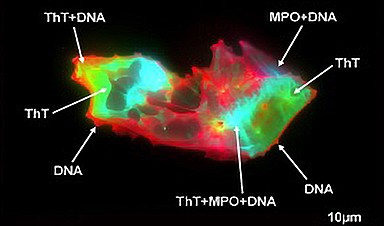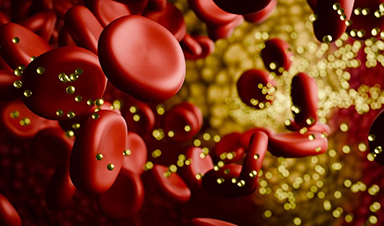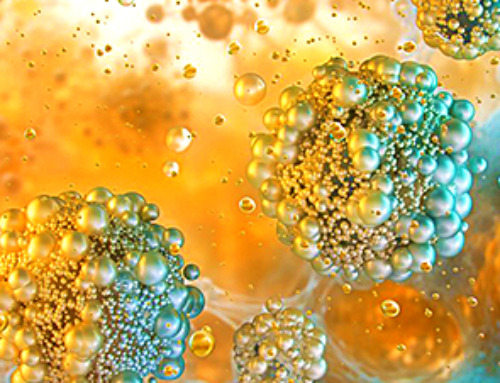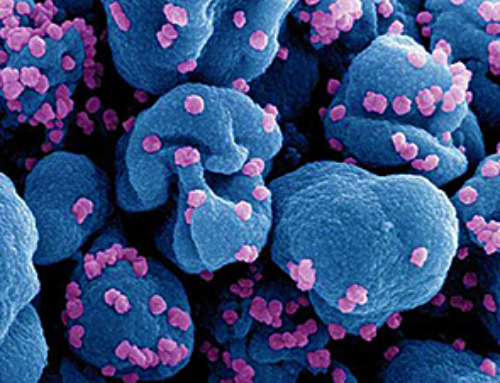Scientists from Italy have recently analyzed the effect of the mRNA-based coronavirus disease 2019 (COVID-19) vaccine on the semen quality of adult men. No significant difference in sperm quality and seminal plasma parameters (oxidative stress, inflammation, and electrolyte level) has been observed after vaccination. The study has been published in the journal Andrology.
Background
Severe acute respiratory syndrome coronavirus 2 (SARS-CoV-2), the causative pathogen of the COVID-19 pandemic, is a deadly member of the human Betacoronavirus family. The virus is known to induce a wide variety of symptoms in infected persons, ranging from mild respiratory symptoms to severe pneumonia, respiratory failure, and death. Apart from infecting the respiratory tract, the virus can potentially impair the functions of other organs, including the heart, liver, gastrointestinal tract, kidney, and brain.
A handful of studies have indicated that people infected with SARS-CoV-2 may develop testicular abnormalities, including structural alteration in testicular cells, loss of integrity of the basement membrane and seminiferous tubules, and infiltration of proinflammatory mediators. However, no comprehensive data is currently available to understand the impact of COVID-19 vaccines on reproductive functions.
In the current study, the scientists have assessed the effects of mRNA-based COVID-19 vaccine BNT162b2 (Pfizer/BioNTech) on human semen.
Study design
The study was conducted on a total of 47 adult men who had received the two-dose regimen of Pfizer vaccine between February and July 2021. The semen samples were collected from the participants before the administration of the first vaccine dose and 70 days after the second dose.
All semen samples were analyzed to measure sperm concentration, motility, and morphology. In addition, the concentrations of reactive oxygen metabolites, electrolytes, and interleukin 6 (IL-6) were determined using seminal plasma samples.
Important observations
Among all enrolled participants, 10% reported smoking moderately, and 38% reported consuming alcohol socially. None of the participants reported systemic side effects, such as fever, allergy, or lymph node swelling.
No significant changes in semen volume, sperm concentration, motility, and morphology were observed among participants after COVID-19 vaccination compared to before vaccination.
A separate set of experiments was conducted on male participants who presented with low sperm count or reduced sperm motility. In these participants, no significant differences in sperm parameters were observed after vaccination. However, the sperm parameters showed an improving trend in these participants.
Alike sperm parameters, no significant changes in electrolytes (calcium, chlorine, potassium, magnesium, and sodium), reactive oxygen metabolites, and IL-6 levels were observed among participants after vaccination.
Furthermore, no significant correlations were observed between tested sperm parameters and electrolytes and reactive oxygen metabolites, and IL-6.
Study significance
The study findings reveal that the mRNA-based COVID-19 vaccine (Pfizer) does not have any negative impact on sperm quality. Moreover, the vaccine does not alter the levels of electrolytes (an indicator of good cell membrane activity), reactive oxygen metabolites (an indication of oxidative stress), and IL-6 (an indicator of inflammation).
Overall, the study highlights that the COVID-19 vaccine is safe for use among men. However, the study includes only a small number of men with poor sperm quality who are highly susceptible to deteriorating sperm parameters. Moreover, since the study participants belong to a specific population, the findings cannot be generalized to the global population.
News
Scientists Melt Cancer’s Hidden “Power Hubs” and Stop Tumor Growth
Researchers discovered that in a rare kidney cancer, RNA builds droplet-like hubs that act as growth control centers inside tumor cells. By engineering a molecular switch to dissolve these hubs, they were able to halt cancer [...]
Platelet-inspired nanoparticles could improve treatment of inflammatory diseases
Scientists have developed platelet-inspired nanoparticles that deliver anti-inflammatory drugs directly to brain-computer interface implants, doubling their effectiveness. Scientists have found a way to improve the performance of brain-computer interface (BCI) electrodes by delivering anti-inflammatory drugs directly [...]
After 150 years, a new chapter in cancer therapy is finally beginning
For decades, researchers have been looking for ways to destroy cancer cells in a targeted manner without further weakening the body. But for many patients whose immune system is severely impaired by chemotherapy or radiation, [...]
Older chemical libraries show promise for fighting resistant strains of COVID-19 virus
SARS‑CoV‑2, the virus that causes COVID-19, continues to mutate, with some newer strains becoming less responsive to current antiviral treatments like Paxlovid. Now, University of California San Diego scientists and an international team of [...]
Lower doses of immunotherapy for skin cancer give better results, study suggests
According to a new study, lower doses of approved immunotherapy for malignant melanoma can give better results against tumors, while reducing side effects. This is reported by researchers at Karolinska Institutet in the Journal of the National [...]
Researchers highlight five pathways through which microplastics can harm the brain
Microplastics could be fueling neurodegenerative diseases like Alzheimer's and Parkinson's, with a new study highlighting five ways microplastics can trigger inflammation and damage in the brain. More than 57 million people live with dementia, [...]
Tiny Metal Nanodots Obliterate Cancer Cells While Largely Sparing Healthy Tissue
Scientists have developed tiny metal-oxide particles that push cancer cells past their stress limits while sparing healthy tissue. An international team led by RMIT University has developed tiny particles called nanodots, crafted from a metallic compound, [...]
Gold Nanoclusters Could Supercharge Quantum Computers
Researchers found that gold “super atoms” can behave like the atoms in top-tier quantum systems—only far easier to scale. These tiny clusters can be customized at the molecular level, offering a powerful, tunable foundation [...]
A single shot of HPV vaccine may be enough to fight cervical cancer, study finds
WASHINGTON -- A single HPV vaccination appears just as effective as two doses at preventing the viral infection that causes cervical cancer, researchers reported Wednesday. HPV, or human papillomavirus, is very common and spread [...]
New technique overcomes technological barrier in 3D brain imaging
Scientists at the Swiss Light Source SLS have succeeded in mapping a piece of brain tissue in 3D at unprecedented resolution using X-rays, non-destructively. The breakthrough overcomes a long-standing technological barrier that had limited [...]
Scientists Uncover Hidden Blood Pattern in Long COVID
Researchers found persistent microclot and NET structures in Long COVID blood that may explain long-lasting symptoms. Researchers examining Long COVID have identified a structural connection between circulating microclots and neutrophil extracellular traps (NETs). The [...]
This Cellular Trick Helps Cancer Spread, but Could Also Stop It
Groups of normal cbiells can sense far into their surroundings, helping explain cancer cell migration. Understanding this ability could lead to new ways to limit tumor spread. The tale of the princess and the [...]
New mRNA therapy targets drug-resistant pneumonia
Bacteria that multiply on surfaces are a major headache in health care when they gain a foothold on, for example, implants or in catheters. Researchers at Chalmers University of Technology in Sweden have found [...]
Current Heart Health Guidelines Are Failing To Catch a Deadly Genetic Killer
New research reveals that standard screening misses most people with a common inherited cholesterol disorder. A Mayo Clinic study reports that current genetic screening guidelines overlook most people who have familial hypercholesterolemia, an inherited disorder that [...]
Scientists Identify the Evolutionary “Purpose” of Consciousness
Summary: Researchers at Ruhr University Bochum explore why consciousness evolved and why different species developed it in distinct ways. By comparing humans with birds, they show that complex awareness may arise through different neural architectures yet [...]
Novel mRNA therapy curbs antibiotic-resistant infections in preclinical lung models
Researchers at the Icahn School of Medicine at Mount Sinai and collaborators have reported early success with a novel mRNA-based therapy designed to combat antibiotic-resistant bacteria. The findings, published in Nature Biotechnology, show that in [...]





















